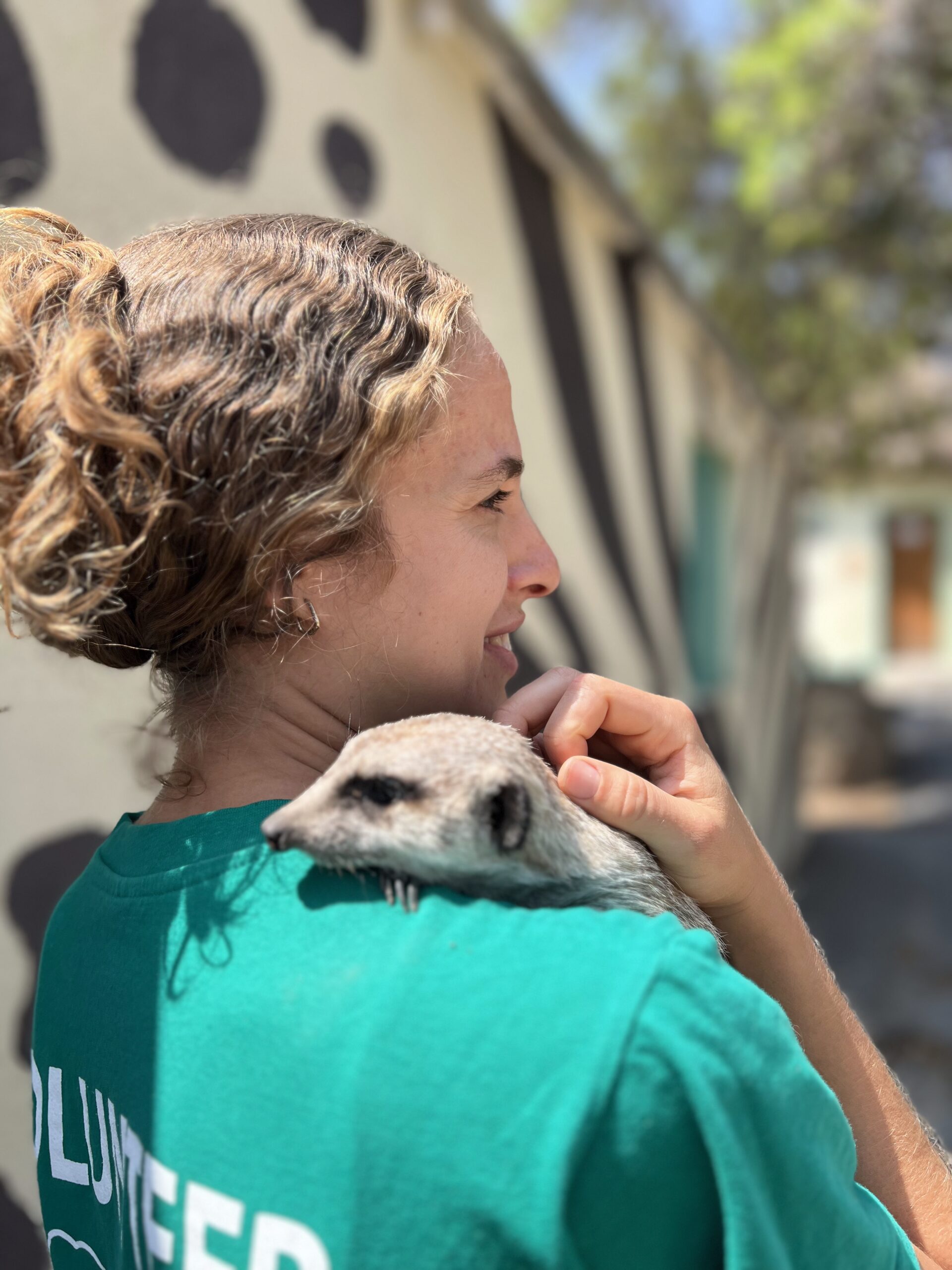Are you dreaming of working with animals, protecting nature, and making a real difference? Volunteering in wildlife rescue is one of the most rewarding and impactful experiences you can have.
At DAKTARI Bush School & Wildlife Orphanage in South Africa, volunteers help care for injured, orphaned, and displaced animals while inspiring local children to value their environment.
However, to truly make an impact, it’s important to understand the essential skills for wildlife rescue that will make your next adventure meaningful.

1. Compassion and Patience
First and foremost, wildlife rescue begins with compassion. Many rescued animals are scared, stressed, or injured, and they often need time to rebuild trust. Therefore, being patient and gentle is vital. A calm approach not only comforts animals but also helps them recover faster. In short, compassion transforms rescue into rehabilitation.
2. Teamwork and Communication
In addition, teamwork and strong communication skills are crucial. No one saves wildlife alone. Volunteers must collaborate daily with staff, veterinarians, and other helpers. Moreover, clear communication prevents mistakes and ensures that everyone works efficiently. When volunteers listen and share information, animal care improves, and the team thrives.
3. Observation and Problem-Solving
Furthermore, attention to detail is essential. Volunteers must carefully observe changes in an animal’s behaviour, appetite, or energy levels. As a result, early detection of problems can save lives. Additionally, problem-solving skills help when facing challenges—such as fixing enclosures, creating enrichment activities, or adjusting feeding routines. These abilities ensure better animal welfare every day.
4. Physical and Emotional Resilience
Equally important, wildlife rescue work requires both physical and emotional strength. Days can be long, hot, or rainy, and tasks often include cleaning, carrying food, or assisting with medical care. However, despite the challenges, the rewards are immense. Furthermore, emotional resilience helps volunteers stay positive when it’s time to release animals back into the wild. This balance keeps both humans and animals healthy.
5. Willingness to Learn
Every day in wildlife rescue is a learning journey. Therefore, being open-minded and curious will help you grow. Volunteers at DAKTARI gain hands-on experience in feeding, animal enrichment, and conservation education. Moreover, the more you learn, the more effective and confident you become. In addition, these skills are valuable far beyond your time at the orphanage.
6. Ethical Mindset
Finally, working ethically is fundamental in wildlife rescue. True conservation means respecting animals’ wild nature. Consequently, responsible volunteers avoid unnecessary handling and focus on rehabilitation and release. In other words, they act in the animals’ best interests. Therefore, an ethical mindset ensures that every action contributes positively to wildlife protection.
Join DAKTARI and make a difference!
In conclusion, successful wildlife rescue volunteers combine compassion, teamwork, observation, resilience, curiosity, and ethics. At DAKTARI Bush School & Wildlife Orphanage, you’ll not only care for animals but also educate future generations about conservation. Moreover, by developing these key skills, you’ll make your volunteer experience truly transformative.
So, are you ready to turn your love for animals into action? Join DAKTARI and make your next adventure meaningful, educational, and impactful. Together, we can protect wildlife and inspire change for a better future.

Leave A Comment